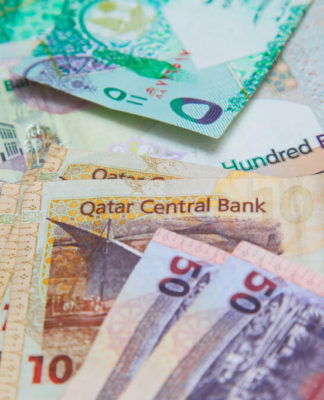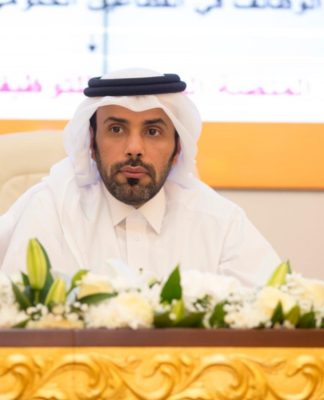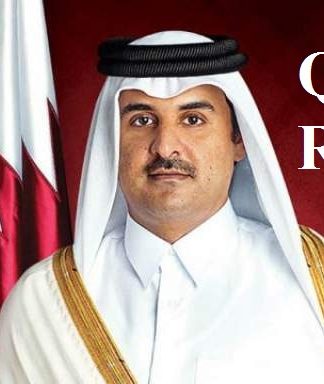Two elderly men in Sudan race to save the national film archive, as reels of rare footage disintegrate in its vaults.
Benjamin and Awad run Sudan’s national film archive. The two men, who have worked together for more than 40 years, are devoted to protecting their country’s visual memories.
Home to some 13,000 films, the archive preserves pivotal moments of Sudan’s turbulent history and is one of the largest in Africa.
But the archive is in a fragile state. Following years of neglect and poor storage, many film reels are turning to dust in Sudan’s unforgiving tropical climate.
The two friends are determined to turn it around and embark on a mission to save the old films.
Will they succeed in preserving Sudan’s visual history for future generations before it’s too late?
 |
| Awad (left) and Benjamin spend their days surrounded by more than 13,000 old films – many of them one of a kind [Screengrab/Al Jazeera] |
FILMMAKER’S VIEW
By Suhaib Gasmelbari
When I saw the Sudan National Film Archive for the first time I was astonished by the sheer number of film rolls stacked on top of each other in different rooms.
I discovered this hidden treasure archive – and its guardians Benjamin and Awad – while doing research on Sudanese cinema. The air in the archive was thick and humid, filled with the evaporating chemicals from the old film rolls. After a short while in there, I felt dizzy.
The paint was peeling off the walls and the equipment for developing and editing film were in a miserable state. It seemed like a Sisyphean task for Benjamin and Awad to preserve and take care of more than 13,000 films.
| I had a double motivation to work on this film: to raise awareness about the value of these archives and to honour the personal dedication with which Benjamin and Awad were trying to save the films. |
The national film archive is the only state-run archive in Sudan and many of the films stored there are unique copies. If they are lost, the largest part of Sudanese film and television history will vanish with them.
Therefore I had a double motivation to work on this film: to raise awareness about the value of these archives and to honour the personal dedication with which Benjamin and Awad were trying to save the films.
To me, not just their dedication but also the relationship between the two old colleagues was unique.
Awad is from the north of Sudan while Benjamin was born in southern Sudan.
After decades of civil war between the north and the south of the country, South Sudan seceded from Sudan and became the world’s newest nation in 2011.
Benjamin lost his Sudanese citizenship after the separation of South Sudan from the north. Being seen as a “foreigner”, he encountered many difficulties in his daily life. But it did not stop him from taking care of Sudan’s visual history. Neither did decades of conflict hinder the cooperation and friendship between Benjamin and Awad.
While following the two characters and their challenging task of preserving the film rolls over the course of more than a year, I developed a strong friendship with them. The tragic events that happened during the shooting, with Awad getting fired and Benjamin dying in a traffic accident, touched me deeply. It also turned this film into a tribute to the idealism of Benjamin and Awad.
There is currently a digitisation project ongoing, financed by the Norwegian embassy and carried out by the University of Bergen. It was planned five years ago but has encountered numerous difficulties, so no one believed it would happen anymore.
Still, about a month ago the first training was held and digitising has just started. It is not known how long funding will last, but to digitise all films will most likely take several years. If the Norwegian project does not continue, Sudan’s national television would need to continue the project by themselves.
Source: Al Jazeera










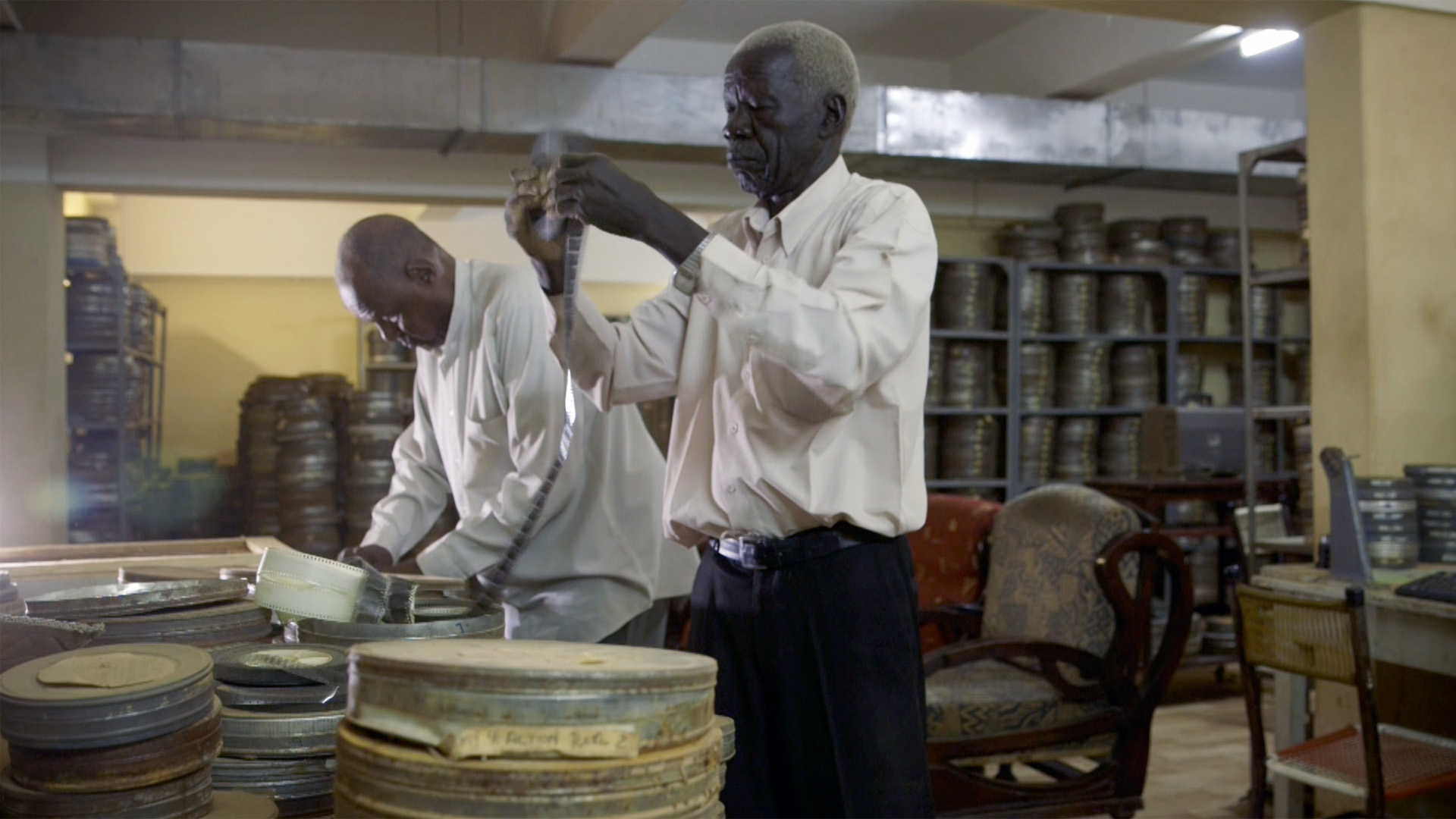








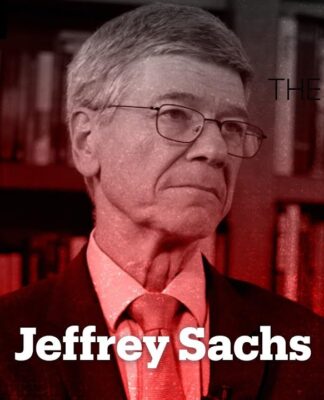

 Trump & Elon’s SHOCK scheme gets EXPOSED
Trump & Elon’s SHOCK scheme gets EXPOSED


